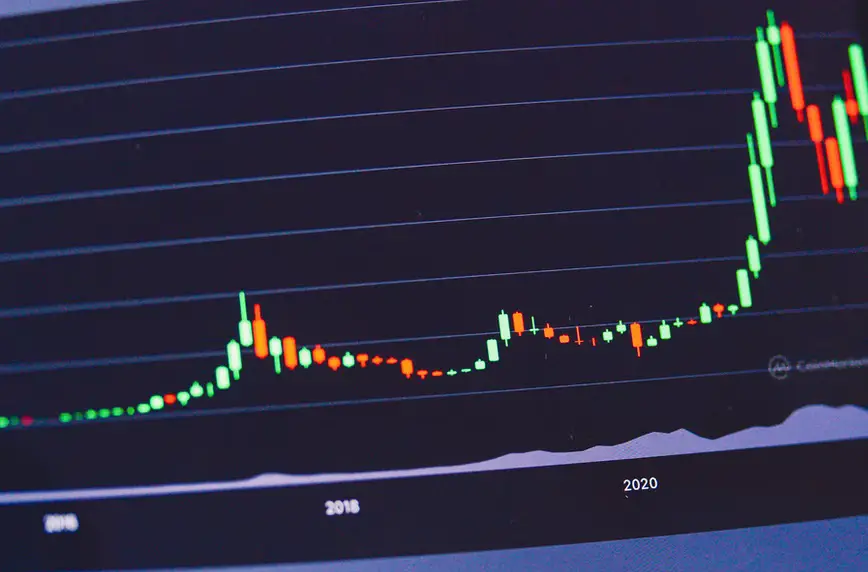While the stock market appears to have dodged bear territory for now, the Fed is on top of inflation, the real estate market is softening only slightly, OPEC+ has promised increased oil supply, and China is finally emerging from lockdowns to ease supply worries, there are still periodic troubling signs investors should keep an eye on.
Here are four things to watch out for.
Big names making ominous predictions.
Two Goldman Sachs leaders have now made ominous warnings in public talks. Jamie Dimon, speaking at a conference sponsored by AllianceBernstein Holdings on Wednesday, openly spoke of a potential “hurricane” closing in on the markets, due to a confluence of factors he felt looked problematic.
Then on Thursday, Goldman President John Waldron made a statement echoing Jamie Dimon’s pessimistic tone, saying, “We expect there’s going to be tougher economic times ahead. “No question we are seeing a tougher capital-markets environment.”
The problem statements like these have are two fold. First, they may be based on real problems which are forthcoming which lesser informed investors have not seen. And second, these statements themselves carry weight with regular investors, and can affect psychology in the market, thereby becoming self-fulfilling prophesies.
To that end, Goldman’s leaders seem uniquely pessimistic for now. A survey of investors done by Yahoo News found the big names were overall cautiously optimistic for the most part. But as we go forward, it will pay to keep an ear to what the big names are telling everyone else, if only to get an idea what everyone else may be looking at and thinking as they make the masses of decisions that will determine the path forward.
Big Tech Problems
Many Big Tech companies offer services to businesses to make their jobs easier, at a cost. To that end, when companies are flush, and looking to do more, faster and easier, they will purchase certain big tech services, to help fuel rapid expansions. However as regular businesses begin to tighten their belts and look at having less to do, big tech services my be the first things they unburden themselves of, and that may begin to register in the prospects of big tech companies.
To that end, although Salesforce had a bullish take on their future this week, many other big tech companies are reporting less than stellar earnings.
Microsoft just reduced full year sales and earnings guidance. It blamed volatile foreign currency exchange rates for eating into profits as it converted foreign currencies to bring profits home. But it is not clear if there were a major slowdown in business they would necessarily point that out and risk affecting stock price adversely, especially if there were something unrelated and potentially temporary, which they could blame the shortfalls on.
Hewlett Packard Enterprises (HPE) reduced its full year profit predictions on Wednesday. Again the company blamed volatile foreign currency markets, and pulling out of Russia. CFO Tarek Robbiati also blamed supply chain issues, but it is always possible there were other factors.
Software supplier C3.ai (AI) reported a mediocre quarter Wednesday, telling analysts on a conference call that customers were delaying orders due to economic uncertainty.
Bond Market Blues
S&P Global (SPGI), the ratings outfit, warned the bond market was “extraordinarily” weak and actually suspended its full year forecast.
The company said, “Macroeconomic conditions have deteriorated since S&P Global last provided financial guidance on May 3, 2022, negatively impacting the Company’s expectations for GDP growth and debt issuance volumes… Given the volatility and uncertainty in the issuance environment, the Company cannot affirm its previously issued guidance and expects to reintroduce formal financial guidance in conjunction with its second quarter 2022 earnings results.”
Real Estate Tremors
In April, existing home sales declined 2.4% from March to a seasonally adjusted annualized rate of 5.61 million. Sales were 5.9% lower than April 2021, making it the slowest rate since June 2020, when economy was dealing with sweeping shutdowns due to the pandemic.
The real estate market is simultaneously a source of fuel for economic optimism among consumers which drives spending and economic activity, and it is affected directly by that optimism. A portion of the price growth we have seen was driven by institutional investors betting on home prices going up. And home buyers will buy homes based upon the idea prices are only going up. If the economy contracts, and homebuyers begin to stop buying homes, prices can drop, institutional investors might sense a ceiling and pull back, home buyers might wait to see if the market has a bottom, and the real estate market would lose key factors driving up prices very quickly.
To that end, tremors in the real estate market can spiral into tremors in the stock market as well.
Nothing is certain in this environment. Even as some indicators point to a contraction, or even a possible recession, there are unique factors. The whole economy was artificially suppressed by COVID lockdowns, which are now being lifted, allowing a pent up demand to be fulfilled.
The war in Ukraine could end in a few weeks, refineries are coming out of seasonal maintenance, OPEC+ seems to be in a more accommodating mood to help lower prices in their last meeting, and with ultra-low cost oil currently flooding from Russia to China in an almost isolated system, it seems less likely a Chinese re-opening will shock energy markets. Any drop in energy costs could send the present market sailing.
There is plenty of reason for optimism. But as always, there are indicators for caution to watch as well.


